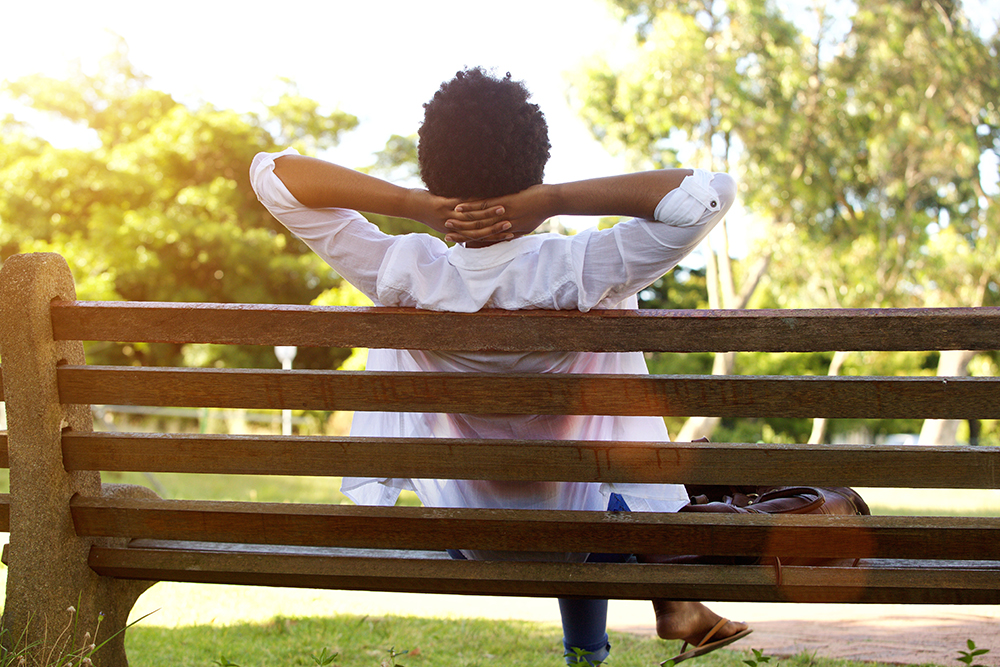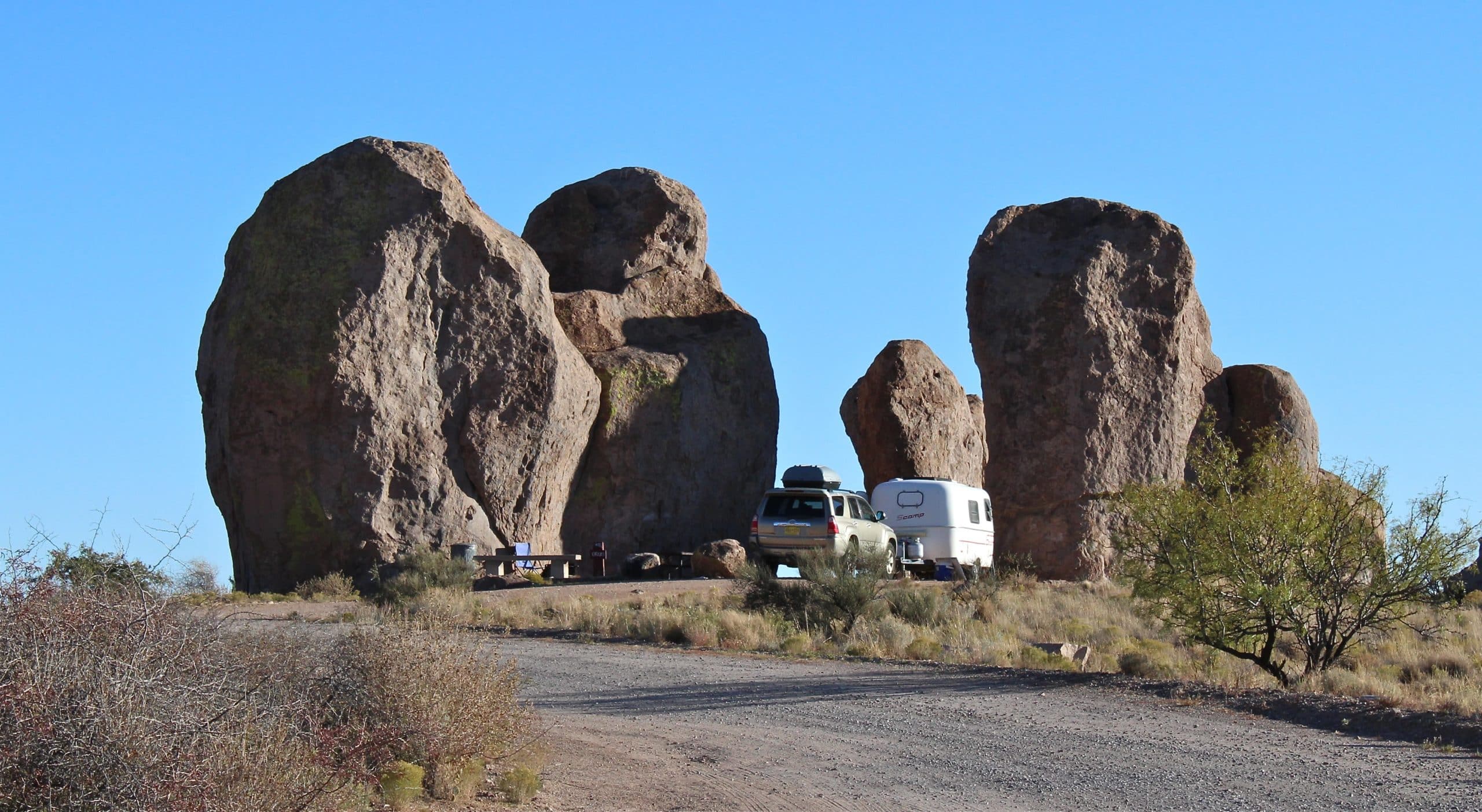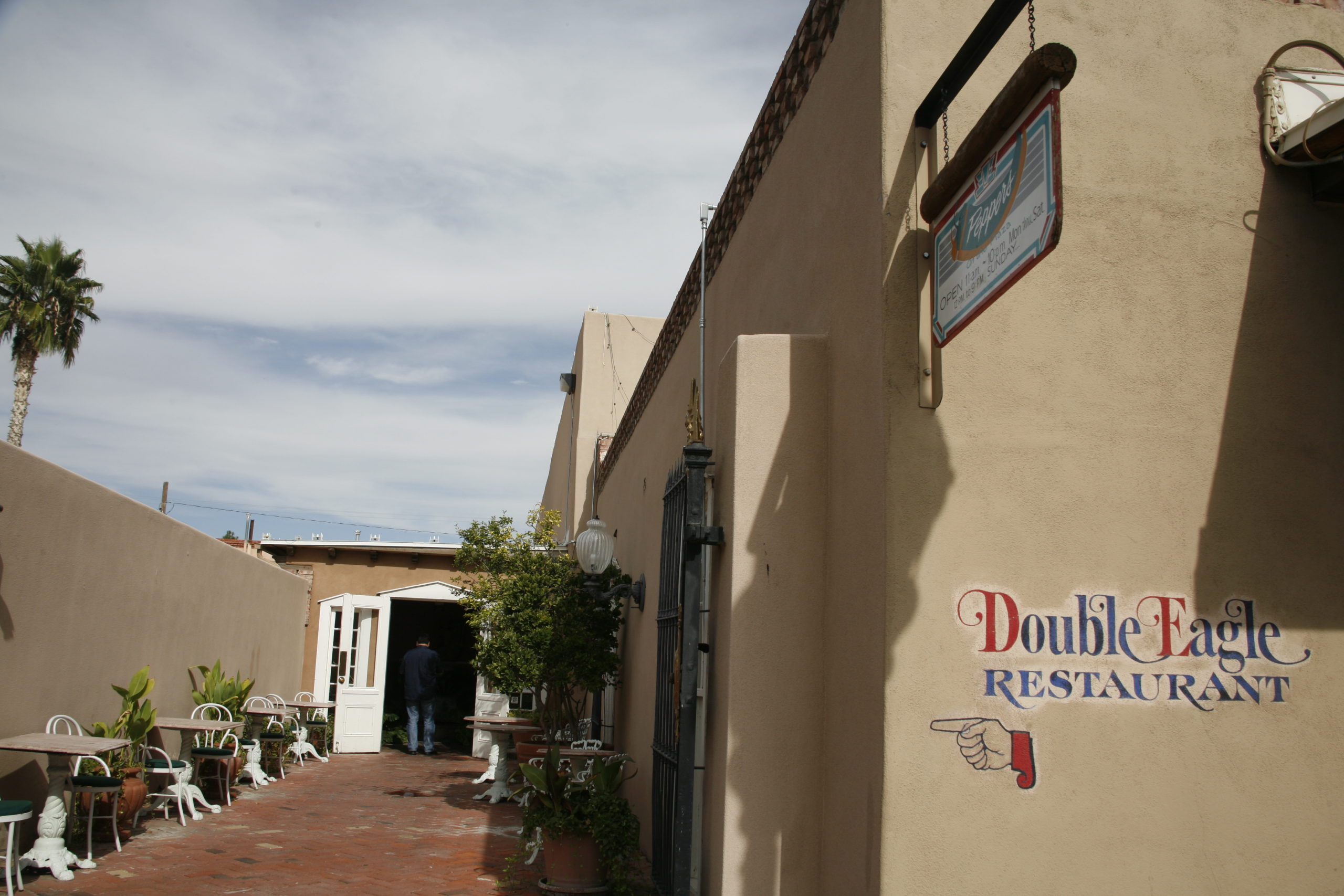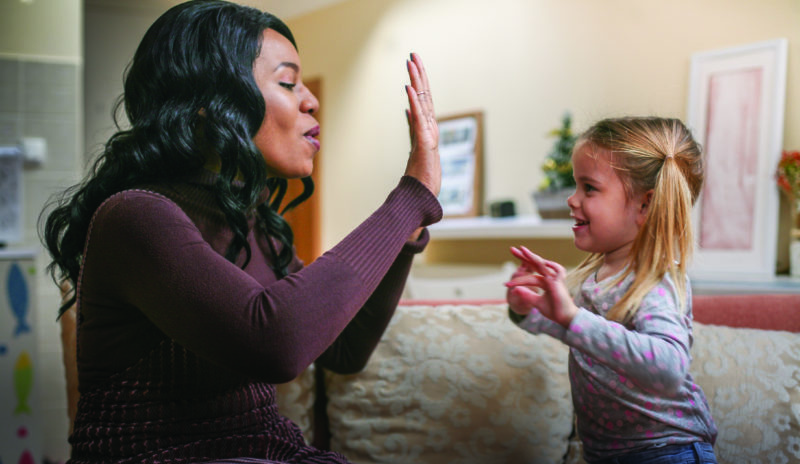Many people find that being outside in nature makes them feel good. When I walk in a garden to look at a blooming flower or to identify a bird, my spirit lifts immediately. This awareness, which many of us have experienced, is part of our physiological wiring developed to guarantee our survival. Those who spend regular time outside comment on how being outdoors makes them feel. Calm, creative, happy, and alive are some of the descriptions I have heard over the years.
I didn’t need science and research to convince me being outdoors is a positive influence on my life, so I wasn’t surprised when I learned that research supports my experience. Few of us, however, know the health benefits of being outdoors beyond the aspect of exercise.
 Benefits for the mind and body
Benefits for the mind and body
I recently discovered Florence Williams’ book, The Nature Fix: Why Nature Makes Us Happier, Healthier, and More Creative. She spent years tracking down and engaging in research about the impact on the human body of spending time outdoors. She presents this research in The Nature Fix, published in 2017 before the pandemic, which, to our detriment, forced many of us indoors for much of the last two years.
A wide range of international research establishes that our physical response to the environment and the benefits of being outdoors include decreasing our cortisol levels, blood pressure, and resting heart rate, while also lowering anxiety and improving our mood. For details about her findings, be sure to read the book.
Williams, a visiting scholar at George Washington University, has published several books, is a contributing editor for Outside magazine, and writes for publications such as the New York Times, Atlantic Monthly, New Republic, and Mother Jones.
She introduces her book by commenting on “our epidemic dislocation from outdoors.” This dislocation includes everything from technology temptations and sedentary jobs to lack of access to the outdoors.
She writes: “Nature, it turns out, is good for civilization.”
Williams explains that many countries have taken action to harness the benefits of nature. Some are going so far as to create living walls of plants on towering buildings. Sweden’s population has a cultural emphasis on year-round engagement in outdoor activities despite the intense winters. Their education system provides long recesses and outdoor classes. Japan has forests that include specially developed trails designed to engage all the senses and encourage visitors to observe and open themselves to nature. Their healthcare system even recognizes the need for citizens to spend time in nature. Many European countries recognize the healing power of nature and include time for those experiences in their employment leave and healthcare policies.
Preventing nature-deficit disorder
In 2008, Richard Louv, a child advocacy expert, wrote Last Child in the Woods: Saving Our Children From Nature-Deficit Disorder. He presented research showing nature offers powerful therapy for such maladies as depression, obesity, and attention-deficit disorder. Environment-based education dramatically improves standardized test scores and grade-point averages and develops skills in problem solving, critical thinking, and decision making.
Williams highlights similar ongoing research that supports the healing power of nature, including its positive influence on aggression in teenagers and helping veterans manage post-traumatic stress disorder. The global research Williams collected reveals the “peaceful or nurturing elements of nature help us regain equanimity, cognitive clarity, empathy, and hope.”
Williams explores the science behind what poets and philosophers have known for centuries — as do gardeners and others who spend time outdoors. Being outside encourages the creative thinking process. From Aristotle and Darwin to Tesla and Einstein, their time outdoors led to the development of their most famous theories. After decades of research, neuroscientists have established that nature helps us think, create, solve problems, and work together.
While many people enjoy television programs such as Nature and Discovery, research establishes watching nature is no substitute for the real thing — experiencing nature. Research shows that exercise in a gym — even watching a screen depicting you running through a beautiful wood — does not have the beneficial physiological impact of actual wilderness. There is no alternative for experiences in nature. There is no substitute for being outdoors.

The nature prescription
So, how much time outdoors improves our health and what kind of outdoor experience counts?
Based on research measuring the healthy effects of wild landscapes and outdoor experiences, experts recommend that we should spend five hours per month outdoors in parks, forests, and gardens in increments of up to 45 minutes. The more time spent in nature, the better you will feel.
Research has pinpointed that wind, water, and birds provide soothing sounds of nature that impact our bodies and our brains and create physiological health benefits. Green views — even from a window — have proven to speed healing.
Williams and Douglas W. Tallamy, who wrote Nature’s Best Hope: A New Approach to Conservation That Starts in Your Yard, recognize the importance of bodies of water and green spaces. They both propose that we should be smarter about our landscaping at home and in public spaces and protect our wilderness areas.
Williams argues people need clean, quiet, and safe natural refuges in cities, while Dr. Tallamy argues similarly for the sake of the environment. Though these two authors have different reasons for preserving nature, the solutions are quite similar. They both agree humans need to be smarter about preserving the environment — for our health and the health of our planet.
Both of these authors and researchers agree: There is no substitute for being in nature — tame or wild — though less urban is better. Urban outdoor areas with concrete, steel, and harsh sounds and smells do not provide a health boost equal to that provided by a less-urban environment such as a public garden, and even that provides less of a health boost than wilderness. For the magic of awe and maximum health benefits, we should spend extended time in the wilderness as often as possible. From small sips, such as a walk down a tree-lined street or a stroll in a garden, to larger gulps such as weekends or vacations in wilderness areas, any time we spend outdoors benefits our health.
From what she discovered in the process of writing this book, Williams created a simple code to live by: “Go outside, often, sometimes in wild places. Bring friends or not. Breathe.” I say: Ditto.
Story by Jackye Meinecke • Photography by Cheryl Fallstead and Adobe Stock Images
Story sponsored by MESILLA VALLEY PHARMACY
Visit the Mesilla Valley Pharmacy Website
Posted by LasCruces.com

 Benefits for the mind and body
Benefits for the mind and body














